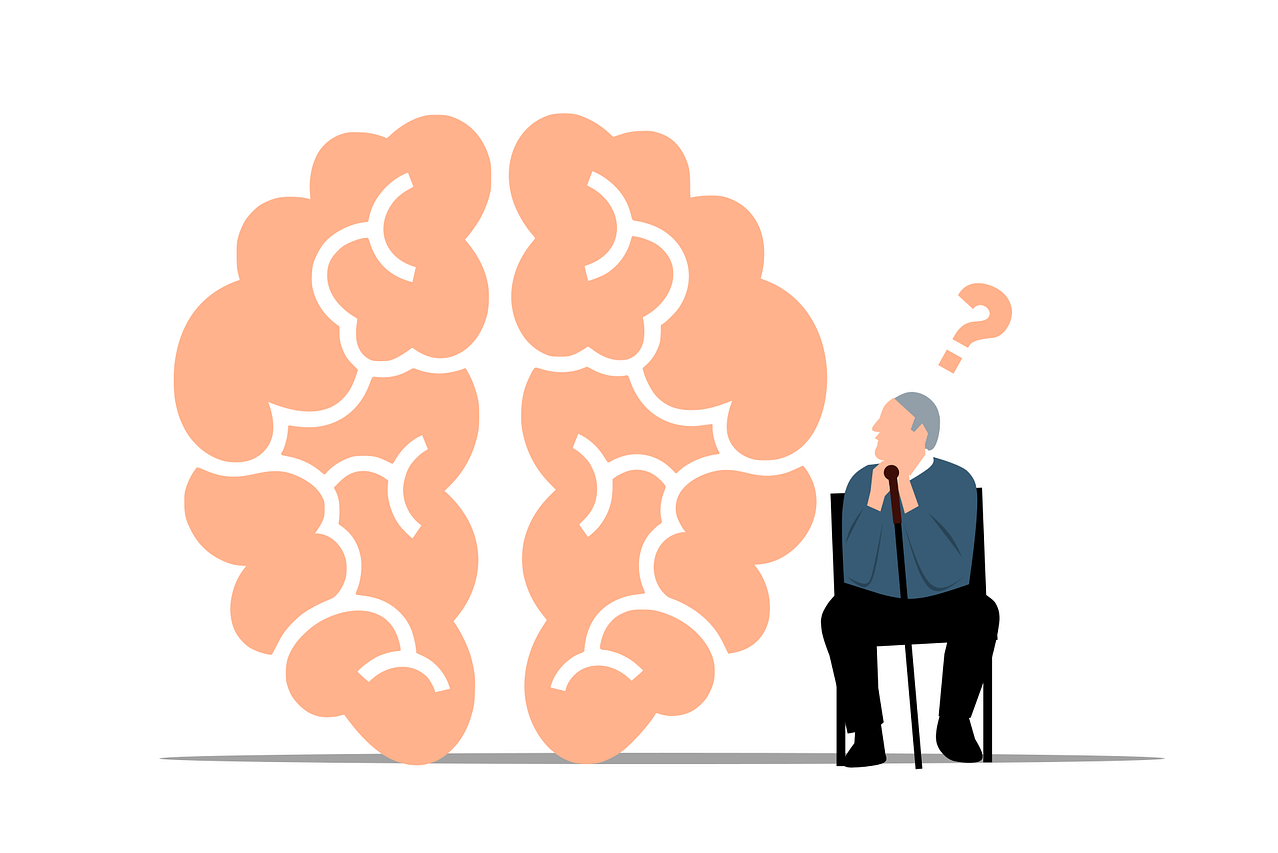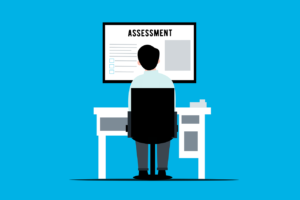Understanding Survival in Dementia
When families first face a dementia diagnosis, one of the hardest questions is, “How much time do we have?”
While no one can predict an exact number, researchers have studied thousands of people to find average survival times.
These averages help families plan care, make financial decisions, and focus on quality of life.
🧭 Average Survival After Diagnosis — By Age
| Age at Diagnosis | Typical Survival Range | What It Means |
|---|---|---|
| Under 65 (Younger-Onset) | 8 – 13 years | Often lives a decade + after diagnosis. Alzheimer’s or vascular types last longer; frontotemporal or Lewy body dementias progress faster. |
| 65 – 74 | 6 – 9 years | Many live several years with good quality of life, especially with early support and healthy living. |
| 75 – 84 | 4 – 6 years | The most common group. Managing heart and metabolic health can make a real difference. |
| 85 and over | 2 – 4 years | Frailty and other illnesses shorten survival, yet compassionate care still adds comfort and meaning. |
Tip: Every decade older at diagnosis shortens expected survival by roughly 1–2 years.
🧠 Average Survival — By Dementia Type
| Dementia Type | Typical Survival Range | What to Know |
|---|---|---|
| Alzheimer’s Disease (AD) | 6 – 10 years | Slow, steady decline in memory and thinking. Early routines and social activity help maintain function. |
| Vascular Dementia (VaD) | 5 – 9 years | Linked to small strokes or reduced blood flow. Preventing new strokes can extend life. |
| Lewy Body Dementia (LBD) | 4 – 7 years | Includes movement changes, hallucinations, and vivid dreams. Often faster than Alzheimer’s. |
| Frontotemporal Dementia (FTD) | 3 – 8 years | Usually begins earlier in life. Personality and speech change before memory. Fastest-moving major type. |
| Mixed Dementia | 6 – 9 years | Combination of Alzheimer’s, vascular, or Lewy changes. Course depends on which dominates. |
| Parkinson’s Disease Dementia | 4 – 8 years after movement symptoms begin | Cognitive decline follows years of Parkinson’s disease. Exercise and medication can slow progression. |
| Younger-Onset (any type before 65) | 8 – 13 years | Usually longer survival, though FTD remains the shortest. Course varies by subtype. |
What Families Can Learn
- Subtype matters as much as age.
Alzheimer’s and mixed dementias often progress more slowly, while frontotemporal and Lewy body dementias move faster. - Health management helps.
Controlling diabetes, heart disease, and infections may extend life and improve comfort. - Plan early.
Knowing the likely course helps families organize care, finances, and emotional support. - Quality of life counts.
Compassionate connection and daily structure make each year matter.











